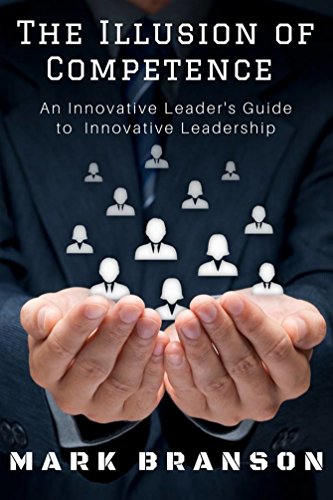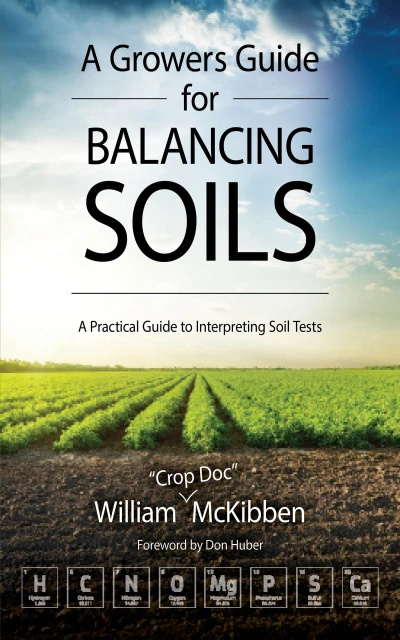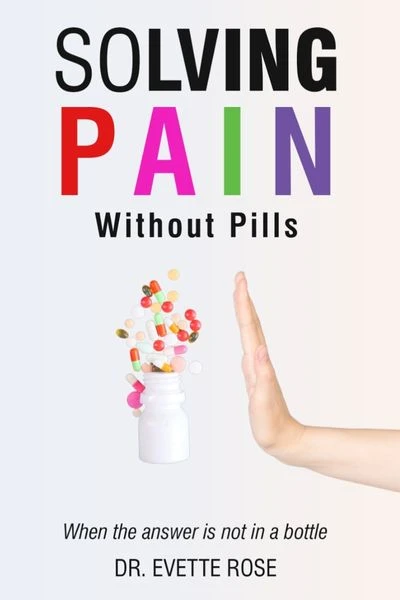
The Illusion of Competence : Mark Branson
 The Illusion of Competence: An Innovative Leader’s Guide to Innovative Leadership
The Illusion of Competence: An Innovative Leader’s Guide to Innovative Leadership
Prior to an important store visit, the store is cleaned top to bottom, all administrative paperwork is processed, associates are coached on executing customer service standards. There is one little problem. The entire exercise is an illusion. You know it, your boss knows it. Everyone knows it, but fail to put on the charade and there will be hell to pay, but what if I told you, the same forces at work during your store visit carry over to every aspect of your leadership interactions. Your boss, peers, associates, and corporate are subject to the same forces at work during your store visit, every day. It’s not really an illusion. It’s The Illusion of Competence. An Innovative Leader’s Guide to Innovative Leadership.
The truth is irrelevant. Perception is the truth. If your boss thinks you are doing a good job, you are doing a good job. Conversely, if your boss thinks poorly of your performance, your hard work and dedication are for naught. Since perception is reality, why not craft your boss’s perception to your advantage.
The Illusion of Competence is the most advanced “perception” leadership concept ever created. Not only does The Illusion craft the perception of hard work and dedication, it also spurs innovation and improves overall sales and increases profits. The best part of The Illusion is leaders truly become competent when executing The Illusion.
The Illusion of Competence uses emotional intelligence to secure desired results, but not in a typical way. Instead of trying to improve a leader’s emotional intelligence, The Illusion takes advantage of the existing emotional intelligence of the leader’s bosses and associates to secure desired results. Humans are very predictable, and The Illusion maximizes this predictability.
The Illusion of Competence contains three sub-theories to help craft The Illusion. “Micro-Efficiency” eliminates inefficiency hiding in plain sight at every corporation, in order to create more time to focus on customer service and employee coaching and development. Micro-Efficiency ties certain kinds of inefficiency to The Second Law of Thermodynamics in a way never before seen. The Creation of Micro-Efficiency Theory speaks to The Illusion of Competence’s innovative nature.
“Food Poisoning Theory” is The Illusion of Competence’s second sub-theory. Food Poisoning Theory is a customer service model predicated on the idea that customers are only as loyal as their last transaction. Every time an employee says no, fails to deliver on a promise, or quotes policy, the company runs the risk of giving customers food poisoning. Read your company’s online customer reviews and food poisoning will be identified far and wide. Every employee, from top to bottom, has the responsibility to avoid giving customers food poisoning.
The third sub-theory is called “The Theory of Deep Understanding”. The Theory of Deep Understanding explains why top executives are disconnected from mid-level leaders and front-line associates. Once understood, corporate executives not only close the “understanding” gap with lower level leaders, they can identify and embrace innovations from all areas of operations.
The Illusion of Competence is based on 30 years of leadership experience with some of the most respected names in their retail fields, and the completion of MBA and Master of Science in Leadership degrees in 2016. In fact, advanced degrees were sought primarily to add validation of The Illusion of Competence. Two advanced degrees only reinforced the need to craft The Illusion of Competence.
I did not create The Illusion of Competence. I discovered The Illusion of Competence, and now, you can too.
Mark Robert Branson
MBA, MSL












